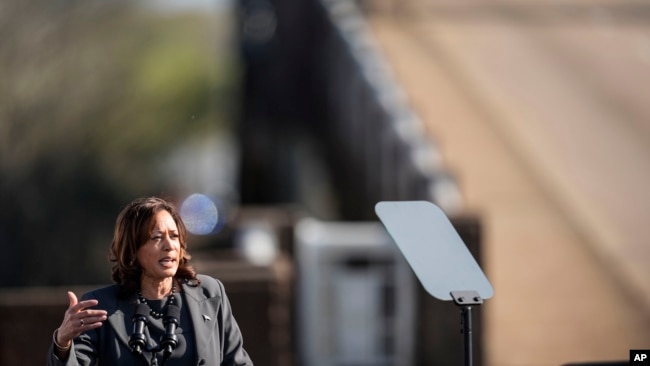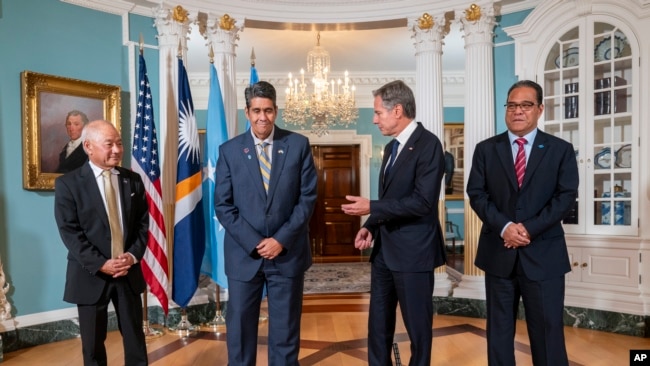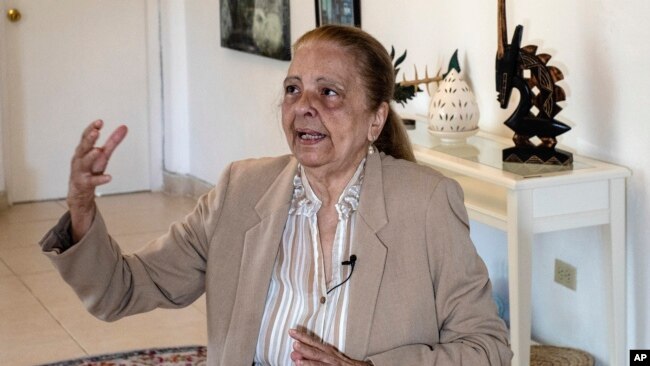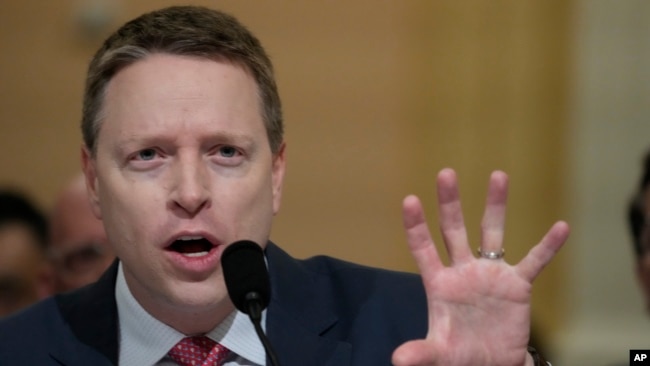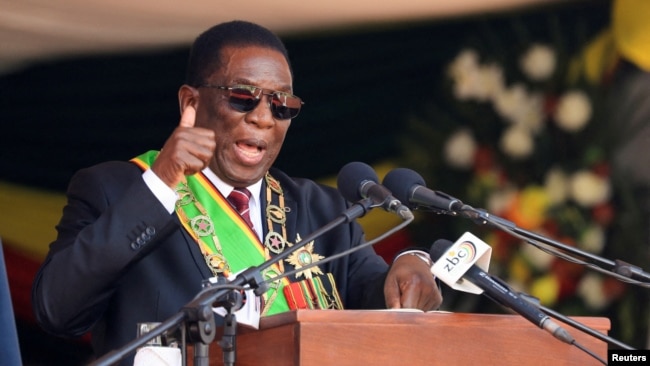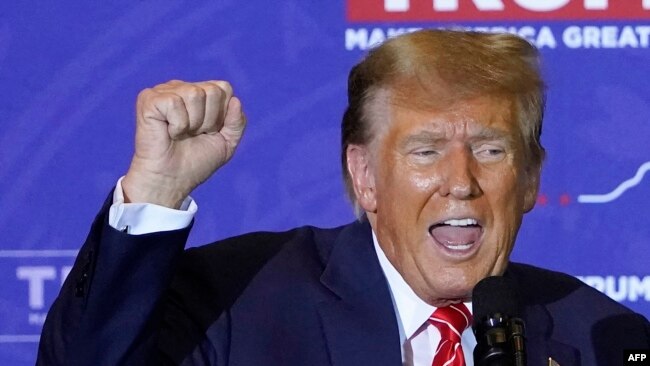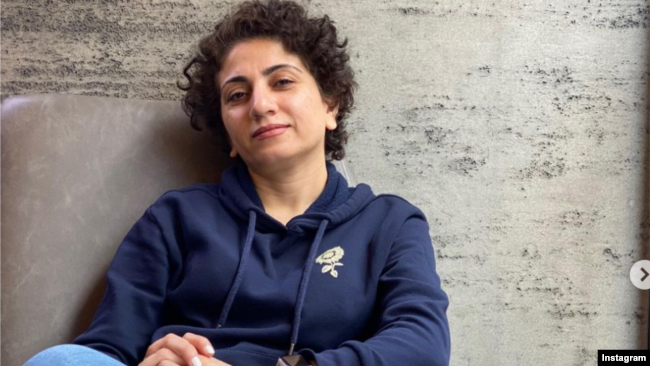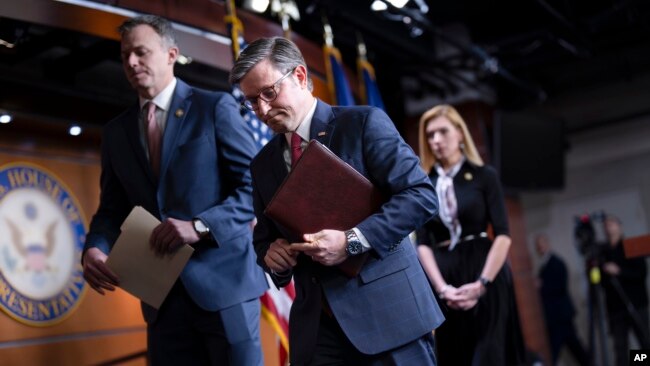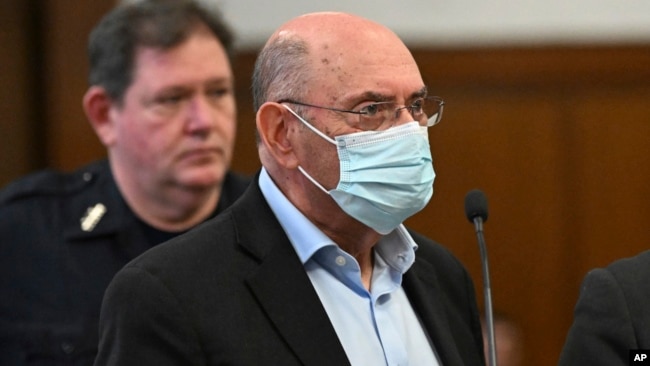[Diagnosis of COVID-19 in North Korea] 1. Major General Morrison said, "We can't stop the COVID-19 pandemic in North Korea...Boundary for mutagenesis"
페이지 정보
작성자 조은정 작성일 22-05-17 04:10 댓글 0본문
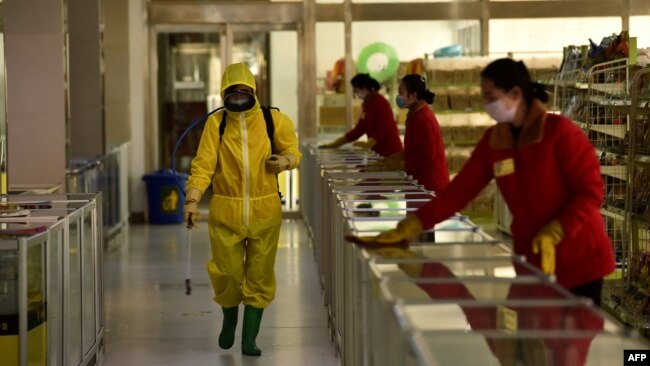
In March, employees of North Korea's Pyongyang Children's Department Store are disinfecting the novel coronavirus infection disease.
There is a growing sense of crisis in North Korea due to the rapid spread of the new coronavirus infection. While the international community is also paying attention to the COVID-19 outbreak in North Korea, VOA has planned an expert interview series to diagnose and predict the outbreak. Today, as a first step, I would like to interview J Stephen Morrison, director of CSIS International Health Policy Center. Major General Morrison pointed out that it is too late to prevent the COVID-19 pandemic in North Korea, and recommended that the North Korean authorities face the reality and quickly introduce vaccines and treatments from the international community. He also said we should be wary of the possibility of a new mutation in North Korea. Reporter Cho Eun-jung interviewed Major General Morrison.
Reporter) Two years after the World Health Organization WHO declared a new coronavirus infection pandemic in March 2020, COVID-19 has occurred in North Korea and is spreading rapidly. How serious is the situation given the poor medical conditions in North Korea and the unvaccinated residents?
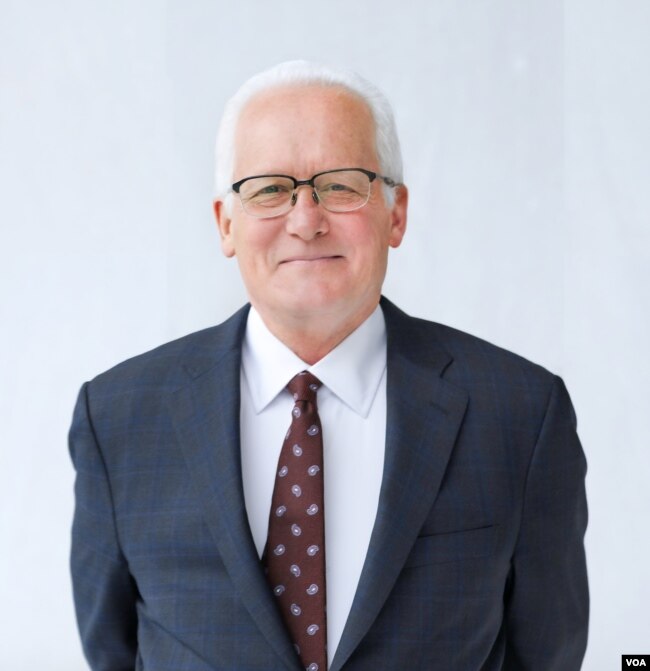
Stephen Morrison, Director, CSIS Center for International Health Policy.
Major General Morrison) Omicron strains of the coronavirus outbreak in North Korea spread at an alarming rate, surpassing the so-called "lockdown" measures of the restriction on movement. North Korea is a particularly dangerous situation. There is no immune protection from vaccination in Korea and no immune protection from previous infections. North Korea, with a population of 25 million, is currently very vulnerable due to an immune vacuum. It's a situation where the virus can run very, very fast among the residents. I don't think the authorities' control measures will work. Unlike China, North Korea does not have sophisticated and effective lock-down capabilities. They don't have the ability to lock down, inspect, isolate, isolate. Of course, the Omicron mutation has spread so quickly that China's "Zero Corona" policy is also collapsing.
You said the virus would run through the population, but will a new mutation emerge in the process?
Major Morrison: The process of the mutation is unclear. But what we can see is that if the virus causes uncontrollable transmission in large groups like it does in North Korea, it's like sending a welcome invitation to a new mutation. It's the most suitable environment for new mutations. Of course, mutations may not occur immediately. No immune protection, no vaccine, no previous infection. In addition, the virus can dominate the region when it has a very weak and broken medical system, has no ability to test and quarantine, and is suffering from severe malnutrition. With a terrible combination of situations, we should be very concerned about the health and well-being of North Koreans.
Do you think that low vaccination rates and poor health systems are similar to those in Africa? In 2021, there was an omicron mutation in South Africa.
Major Morrison: Africa has had high-quality laboratories and testing capabilities for HIV and tuberculosis for 20 years. South Africa, where the omicron originated, was able to do gene sequencing very quickly based on these sophisticated capabilities. In the case of North Korea, it is currently blind and extremely vulnerable. North Korea was denying the reality. I thought their approach would work indefinitely, but it was a terrible misjudgment. Many people have already warned.
What kind of response would you advise the North Korean authorities?
Major General Morrison: It is time for the North Korean leadership to make a decision. We need to quickly decide whether to allow or prevent the virus from racing throughout society. If you leave the virus spread intact, most people will get infected. There may be a certain level of immune protection in the future, but many of the population will die, suffer from serious illness, and suffer from COVID-19 for a long time. Of course, the status of the regime will be undermined. I would like to stress that there is no quick solution. A year and a half or two years ago, we could have come up with a solution. But now it's too late to stop the pandemic. The pandemic is going to happen. However, what can still be done is to acknowledge the reality and bring medical equipment, such as vaccines, antiviral drugs, oxygen masks, and personal protective equipment (PPE), to North Korea. There are currently no good options in North Korea. You have to have a mid- to long-term perspective. We need to protect the most vulnerable, including the elderly and those with weak immunity, and focus on the medical staff. North Korea should focus on very specific targets to reduce mortality. There's no time to waste.
You also mentioned protecting the medical staff very importantly. There are many concerns that the medical system will collapse if COVID-19 occurs in North Korea, what do you think?
If the virus spreads rapidly domestically, vulnerable and broken healthcare systems will be overwhelmed very quickly. You can see the breakdown of the healthcare system. A high rate of infection by the medical staff has a complex effect. It interferes with medical services for all kinds of chronic diseases such as diabetes, cancer, and high blood pressure, paralyzes the medical system, and causes more deaths than the average death rate. Patients die from diseases other than COVID-19 because they are not treated.
North Korea has repeatedly rejected offers from the international vaccine supply project, the Kovax. But considering the urgent situation in North Korea, can Kovax afford to provide a vaccine urgently?
Major General Morrison: I do not speak for Cobax or the World Federation of Vaccine and Immunization (GAVI). However, the company has set aside five percent of its vaccines to provide them in conflict or vulnerable situations. North Korea is likely to fall under this category. North Korea is not a big country. Of the 25 million people, the rest of the population, except for children under the age of five, is inoculated at least twice, and even considering booster shots, 50 to 60 million doses are needed. Today, the global supply of vaccines is much higher than it was a year ago.
You published a report titled "North Korea's Corona-19 Blockage: Current Situation and Future Path" in March with Victor Cha, the chair of CSIS Korea, right? This report also warned of the emergence of a new mutant virus in North Korea.
Major General Morrison: Yes. The reason why we recently conducted a related study is that we thought the outbreak of COVID-19 was inevitable in North Korea. It was inevitable that the virus appeared and spread in North Korea. So we worked with experts to see what would happen, what options would be, and how the North Korean government would change its approach. These are what I just said in the interview.
So far, we have looked at the future spread of COVID-19 in North Korea from J Stephen Morrison, director of CSIS International Health Policy Center, and looked at the measures that North Korean authorities can take. I was reporter Cho Eun-jung for the interview. Tomorrow, I'll be interviewing Professor John Moore, a microbiology and immunology specialist at Cornell Medical School in Wales.
출처 : VOA한국
댓글목록 0
등록된 댓글이 없습니다.


